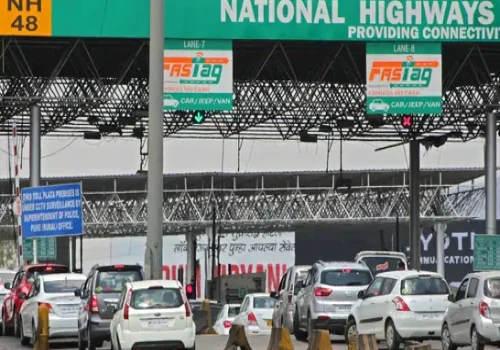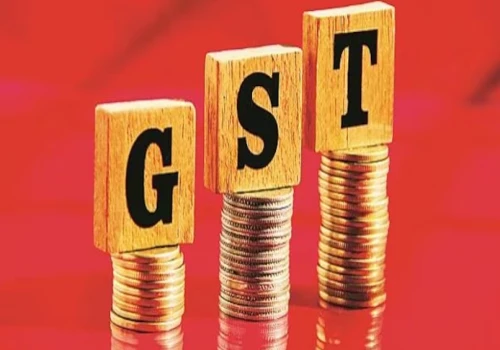
Filing your income tax return (ITR) is crucial for every Indian citizen to comply with the law. Failure to do so can result in penalties and increased scrutiny from tax authorities. It's mandatory for all individuals in India to file their ITR, regardless of whether they have taxable income or not. The deadline for filing is typically July 31 each year to avoid penalties.
Under the Income Tax Act of India, certain groups residing in specific regions and states are eligible for income tax exemptions. These exemptions are based on criteria such as income levels, socio-economic status, and occupation, aimed at easing the financial burden on marginalized communities and ensuring fair opportunities.
For instance, under Section 10(26) of the Income Tax Act, members of Scheduled Tribes living in states like Tripura, Mizoram, Manipur, Nagaland, Assam, Arunachal Pradesh, and Ladakh (Union Territory of Jammu and Kashmir) are exempt from paying income tax. Similarly, specific areas within these states, like North Cachar Hills, Karbi Anglong, and others in Meghalaya, also qualify for such exemptions on income from dividends or interest on securities.
Individuals eligible for these exemptions must file their ITR to claim them, reporting their income and applicable exemptions accurately. This process ensures compliance with tax regulations while availing of benefits under Sections 10(26) and 10(26AAA) of the Income Tax Act.
Moreover, senior citizens aged 60-79 are categorized as Senior Citizens, while those aged 80 or older are termed Super Senior Citizens. They receive special considerations under tax laws, including potential exemptions from filing ITR under certain conditions, as outlined in Section 194P of the Income Tax Act.
Filing income tax returns not only fulfills legal obligations but also ensures that individuals benefit from available exemptions, contributing to equitable tax compliance and financial planning across diverse socio-economic segments in India.




 (1)_500_x_350.webp)





